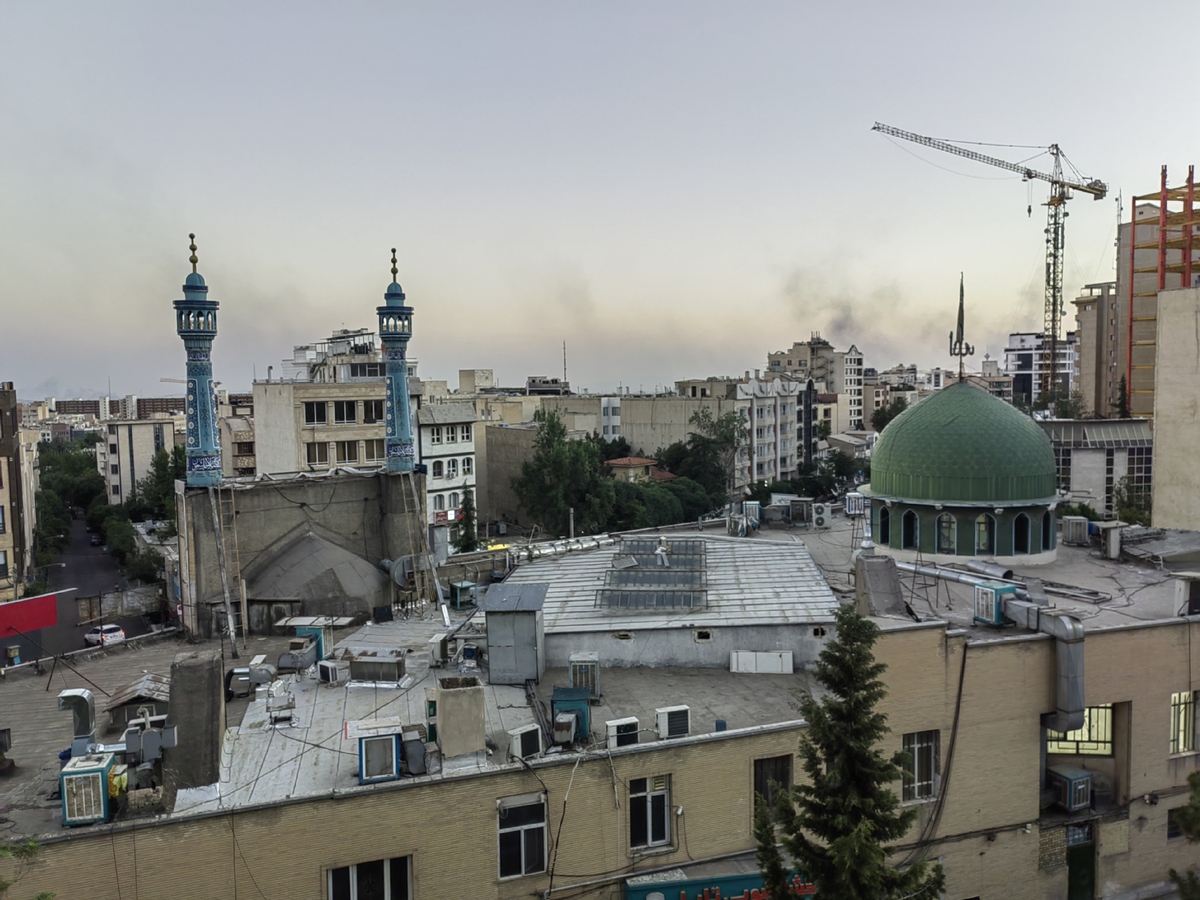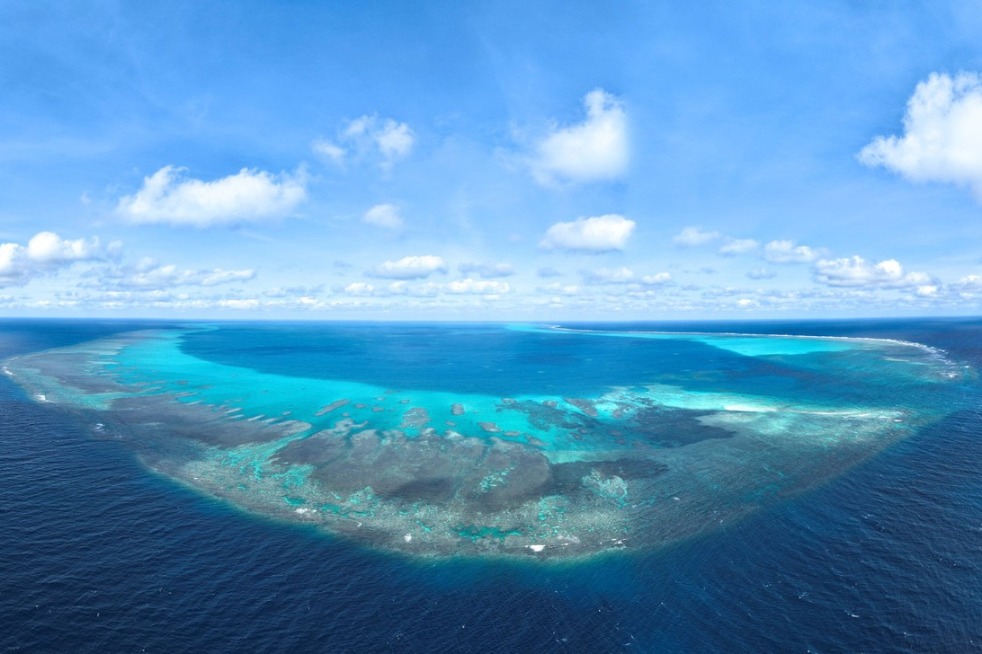International community must push for de-escalation in the Middle East: China Daily editorial


Although the international community has tried to prevent the escalation of the Middle East crisis since the Hamas attack on Israel on Oct 7, 2023, the situation has continually worsened ever since.
The outbreak of the Israel-Iran conflict last week marked the transformation of the crisis into a showdown between the two archrivals in the region.
As the major battlefield changes from Gaza to Iran and Israel, some European countries that once showed concern about the humanitarian crisis in Gaza seem to be changing their minds, as if Israel's conflicts with the Palestinians in Gaza and with Iran are two separate causes.
German Chancellor Friedrich Merz told the media on Tuesday that by striking Iran, Israel was doing the "dirty work" for everyone.
"We are also victims of this regime (of Iran). This mullah regime has brought death and destruction to the world," the German leader said during an interview at the G7 Summit in Canada. "I can only say I have the greatest respect for the fact that the Israeli army and the Israeli government had the courage to do this."
Just last month, Merz criticized Israel's actions in Gaza, saying they could not be "justified".
Although the G7 leaders claimed a "commitment to peace and stability in the Middle East" in their joint statement issued on Tuesday, Merz offering open support to Israel confronting Iran's government by force is a telling sign some in the Western camp have had a change of heart when it comes to the Israel-Iran conflict.
It should not be forgotten that the major Western countries were among the parties that finalized the Joint Comprehensive Plan of Action, or the Iran nuclear deal, in Vienna in 2015. The international community, including Iran itself, has never ceased its diplomatic efforts to resolve the issue no matter how much some parties want to derail the process.
Neither Israel's military prowess nor some Western countries' demonizing of the Iranian government can change the fact that Israel's violation of Iran's sovereignty, security and territorial integrity seriously breaches the principles of the UN Charter and the basic norms governing international relations.
In particular, Israel's attacks on Iran's nuclear facilities have set a dangerous precedent with potentially catastrophic consequences, and they have been condemned by a number of member countries of the International Atomic Energy Agency.
Iran has the right to safeguard its national sovereignty and defend its legitimate rights and interests, and ensure the safety of its people. So does Israel. But violence will not bring lasting peace as it will only perpetuate the cycle. The mutually harming situation should not be allowed to continue.
Those Western countries that have a special influence on Israel are obliged to awaken to the fact that in viewing Iran's regime as an evil that needs to be eliminated, rather than a legitimate government of a sovereign state, and acting accordingly, they are actually trying to enforce the law of the jungle in the world, overthrowing the postwar world order with the United Nations at its center.
It is worrying to see the United States is quickly shifting military aircraft and warships into and around the Middle East, citing the need to protect Israel from Iranian attacks and to respond to Iran's threats to target US military installations.
Be it the Gulf War, Iraq War or the Afghanistan War the complicated aftermath of the superpower's military misadventures should clearly indicate that neither victory on the battlefield nor regime change is a problem solver.
History shows that while the politicians claim their victory a triumph of "justice" and "freedom", it is actually their own political career, the interest groups they represent and the military-industrial complex that turn out to be the beneficiaries while it is the people in the countries concerned that pay the price.
China's pro-peace stance on the Middle East issue has been consistent. As President Xi Jinping said in a meeting with his Uzbek counterpart in Astana, Kazakhstan, on Tuesday, the sudden escalation of tensions in the Middle East as a result of Israel's military operation against Iran serves no party's interest. Stressing that China opposes any actions that infringe upon the sovereignty, security and territorial integrity of other countries, he said that China is ready to work with all parties to play a constructive role in restoring peace and stability in the Middle East.
It is imperative that all parties work to de-escalate tensions as soon as possible, rather than fanning the flames of war.
- Key takeaways from 2nd China-Central Asia Summit in Astana
- Intensified Mideast conflict spurs calls for de-escalation
- Xi's call for learning from history echoed by intl community
- National Bank of Uzbekistan increases strategic ties with Chinese partners
- Country unveils emblem of war victory and unity


































